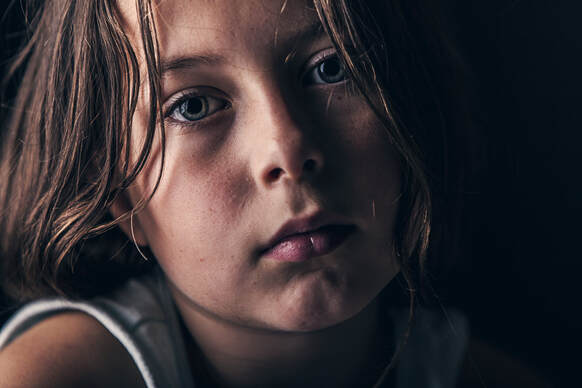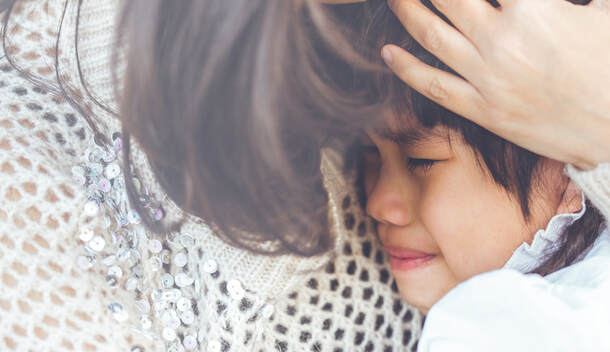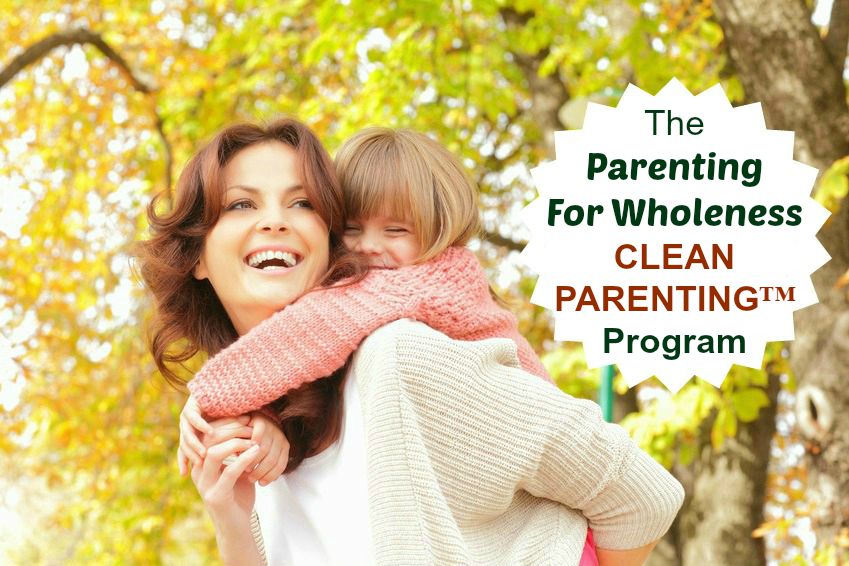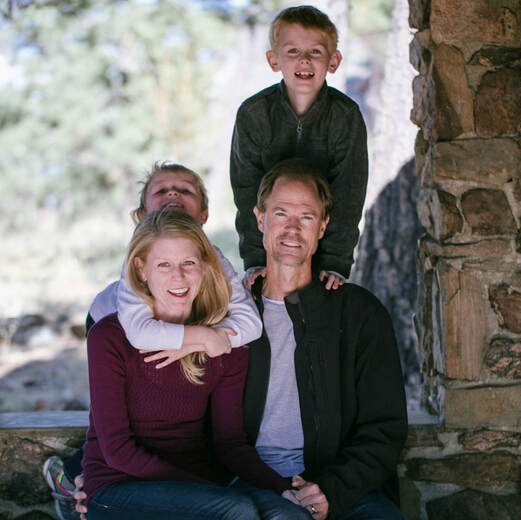|
One of the things that can be a big factor in children's behaviors, sense of wellbeing, and responsiveness to parents is unresolved trauma. But because the link between the behavior and the trauma often isn't obvious, it's easy to overlook this all too common cause of difficulties for children. Yet uncovering those traumas and addressing them is an important factor in being able to raise whole children and having the ease and harmony I promise you is possible. We're accustomed to thinking of trauma as dramatic and/or one time events. But in my work with parents as well as through my own healing journey, I've discovered that many of the traumas that impact our daily lives and ability to lead happy fulfilling lives are not events, but things that we've experienced over time, often times chronically. And that many of the experiences that leave lasting damage to our sense of self and sense of safety in the world, as well as in our ability to trust people come from incidences that are considered normal in our society. If your child has experienced some of those because of unavoidable circumstances or decisions you made, please do not see this in any way as criticism or judgement on my part!! I’ve personally done many things that led to my children experiencing trauma and they are living proof that children can thrive in spite of it and that you in no way need to be perfect in order to raise healthy children! I’m just providing this information so you can be informed and help your child heal if needed. Here are some of the most common trauma experiences that the children of moms I work with have experienced:
But here are also less obvious traumas that can have just as much impact on the child:
This might be a upsetting and even scary to read, but it doesn't have to be. First of all, certain conditions can be changed, once you realize they have a negative impact on your child. (And if you're not able to change them on your own, I'm here to help.) Also, it is possible and often times even easy to release trauma when the conducive space for it is provided. You can help your child by allowing him to fully feel the unprocessed part of the trauma, providing loving presence and space, understanding, and apologies if needed. Here's an example of Kim beautifully supporting her daughter in releasing trauma, which she posted in our Clean Parenting group, and allowed me to share with you:
Mateya (8 years old,) was upset because she felt her friend was being mean to her. She was venting to me and normally I would have tried to talk her out of her feelings so as to move the play date back into a positive one. Instead, I observed her and realized she was feeling insecure and needing physical reassurance rather than verbal. She needed me to empathize with her! I sat on the couch and she sat next to me and at first I just put my arm around her while she was telling me everything she was feeling. I kept wanting to refute what she was saying especially as it was escalating into how she felt her friend was better than her and that she wasn't good at anything she tried, etc. My heart was breaking at her words and as my mind was going to that place of ‘what have I done to make my child feel like a failure,’ I stopped myself and reminded myself that this wasn't about me and she had a right to her feelings even if they weren't entirely true. So, I pulled her on my lap and held her like a baby while rocking back and forth with her. I let her spill it all out while I rocked and whispered love to her and kissed her forehead. She relaxed into me and let the tears come and fall while she spoke of her feelings of inadequacy, fear about the future of the world and frustration at being unable to do the things she wanted perfectly and for the world. My sweet sensitive soul, Mateya! Soon she got it all out and jumped up to "go see where all the other kids were". She spent the rest of the day playing happily with her friend. I felt I had experienced my ability to give real empathy without trying to fix anything or try to make it better. Such an empowering feeling and I'm so very glad to have been able to give that gift to my daughter."
Practicing empathy and holding loving presence can go a long way toward supporting children in releasing trauma. It's downright magical when people learn to truly be empathetic, vs 'doing' empathy which many parents I work with realize is what they were doing and the reason it wasn't 'working.' For most of the families I work with, as we integrate parenting from a place of knowing children are innately good, being on the same team, seeing unwanted behaviors as calls for support, meeting needs, developing crystal clear communication, empathy, benevolent
RELATED RESOURCES:
Here's what Erin Reindl, a child and family therapist from Denver, USA, wrote after completing my Clean Parenting program: “My kids used to have big feelings almost daily, certainly at least weekly. This has changed immensely. My being matter of fact and holding out positive expectation and being a leader has shifted this. My kids TALK to me and with each other during challenging times, things that used to explode don't anymore...we breeze through them calmly. My life doesn't revolve around my kids unless I decide I want it to at any given moment. My kids respect my time and space and they play well on their own. I feel much more relaxed around things that caused me stress before. This class should be taught to everyone - instead of birthing classes. It should be taught in schools.”
2 Comments
Will
3/3/2021 07:07:47 pm
Beautifully written
Reply
Eliane Sainte-Marie
3/3/2021 08:29:33 pm
Thank you! ♥
Reply
Leave a Reply. |
PARENTING FOR WHOLENESS
HOME BLOG PROGRAMS CLEAN PARENTING™ PROGRAM QUICK START PROGRAM CONTINUUM CONCEPT WHAT IS CLEAN PARENTING™? © 2021 PARENTING FOR WHOLENESS |
|





